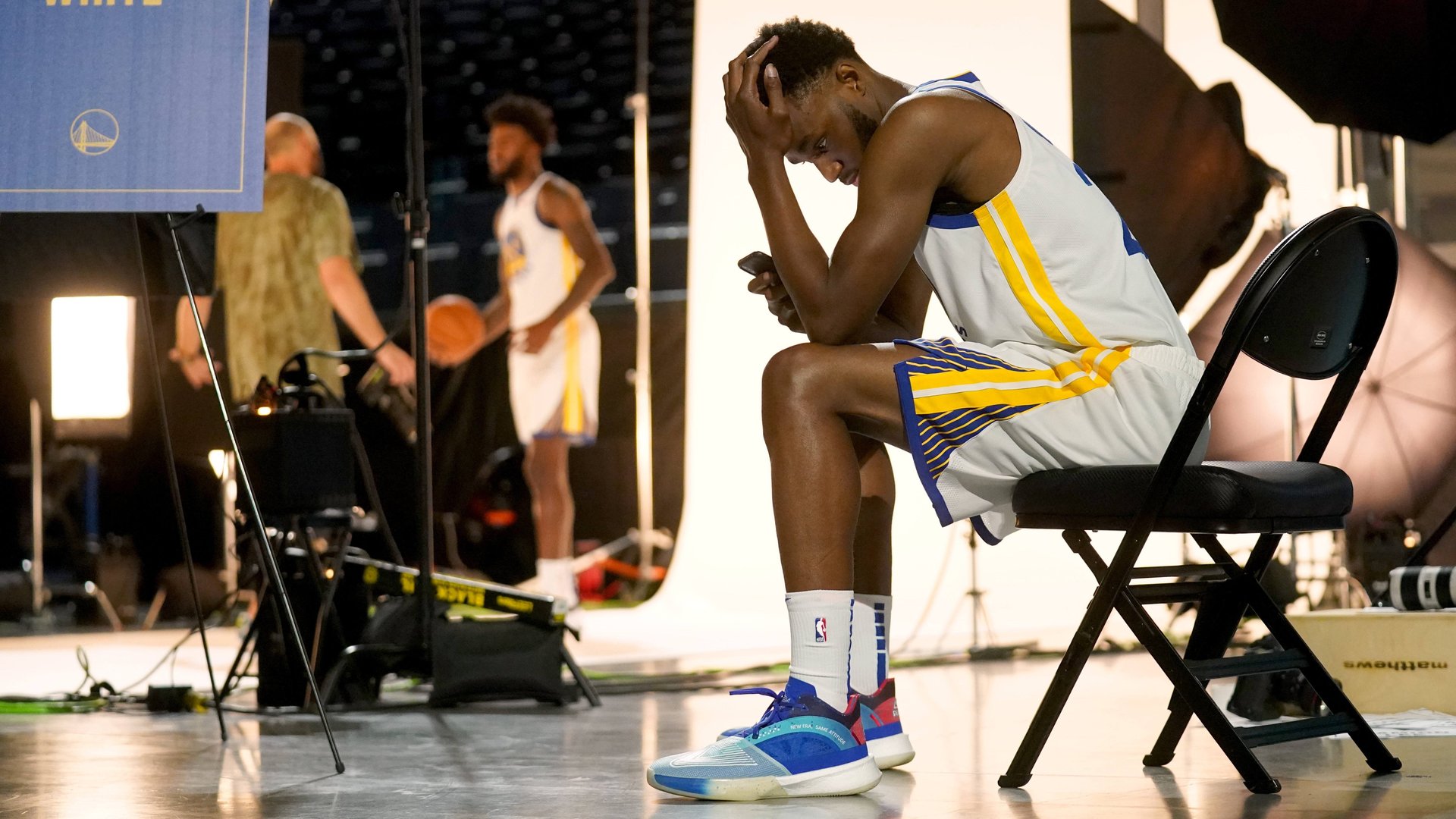NBA players who remain unvaccinated will have to sacrifice game time and pay
With less than three weeks until the start of the National Basketball Association’s season, a spokesman for the league said that players who don’t comply with their cities’ local Covid-19 vaccine mandates will have to sit out home games, and won’t be paid for the ones they miss.


With less than three weeks until the start of the National Basketball Association’s season, a spokesman for the league said that players who don’t comply with their cities’ local Covid-19 vaccine mandates will have to sit out home games, and won’t be paid for the ones they miss.
The guidance comes as a small but vocal minority of players are expressing skepticism about the jab, and 10% remain unvaccinated. The NBA has yet to impose a league-wide mandate for players, although it has done so for referees and some personnel including coaches, trainers, and team security.
While unvaccinated athletes stand to take a hit financially from the new policy, the decision poses a larger risk to their teams, whose chances at success could be jeopardized next season if players start missing games.
Who is affected by the guidance?
NBA players in both San Francisco and New York will have to comply with the cities’ vaccine mandates in order to avoid missing games, meaning the Golden State Warriors, the Knicks, and the Brooklyn Nets all stand to lose players over the policy.
The Nets’ Kyrie Irving has not said whether he is vaccinated but he was not present at an NBA media event on Monday (Sept. 27). Asked about his status while appearing remotely, he said he wished to keep it private. Irving’s aunt told a Rolling Stone reporter he was not vaccinated for “moral-based” reasons. Andrew Wiggins, who plays for the Golden State Warriors, was denied a religious exemption from the vaccine.
Both Irving and Wiggins—who are set to earn approximately $35 million and $31 million this year, respectively—stand to lose hundreds of thousands of dollars for even missing one game.
Other NBA players including the Washington Wizards’ Bradley Beal and the Orlando Magic’s Jonathan Isaac spoke publicly this week about their decisions to hold off on the vaccine. The league’s vaccination rate falls well behind the WNBA, which reported in July that 99% of its players are fully inoculated against covid.
The NBA received praise for its initial response to the pandemic. It delayed its season last year and players trained and played in an isolated bubble at Walt Disney World in Orlando to limit virus transmission.
With its new policy the league is now responding to a new phase of the pandemic, following what counterparts at the National Football League and Major League Baseball are already doing in tightening protocols for unvaccinated players, said Patrick Rishe, who directs the sports business program at Washington University in St. Louis. He added that the leagues’ wider influence on the public may have factored into its officials’ thinking as well, particularly given players’ tendency to speak out about issues surrounding race and human rights. When popular figures like Irving convey hesitancy about the vaccine, Rishe says, “that has a counter-effect on the whole vaccine goals we’re trying to set for society.”
Unvaccinated players could cause team standings to suffer
NBA teams who suffer absences due to covid protocols may rely on minor league players to fill their rosters in the short-term. But this calculation may change as the season draws wears on, particularly for the Nets, who are favored to win a championship next year.
While Irving is “still a viable superstar,” Rishe says, if he misses games and in turn causes the team’s standings to suffer ahead of the playoffs, “internal leadership will bring pressure to bear.” In other words, Irving’s teammates and coaches might have something to say about possibly missing out on an NBA title because of his vaccine skepticism.